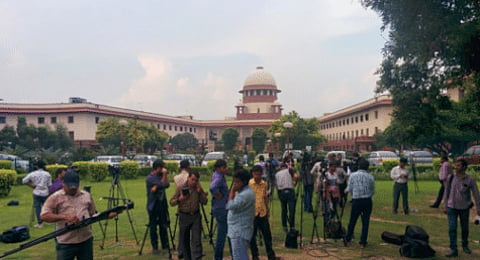
- News
- Columns
- Interviews
- Law Firms
- Apprentice Lawyer
- Legal Jobs
- हिंदी
- ಕನ್ನಡ

The makers of Udta Punjab scored a small victory over the Central Board of Film Certification (CBFC) this week, after the Bombay High Court ruled that the cuts suggested by the regulator were unjustified.